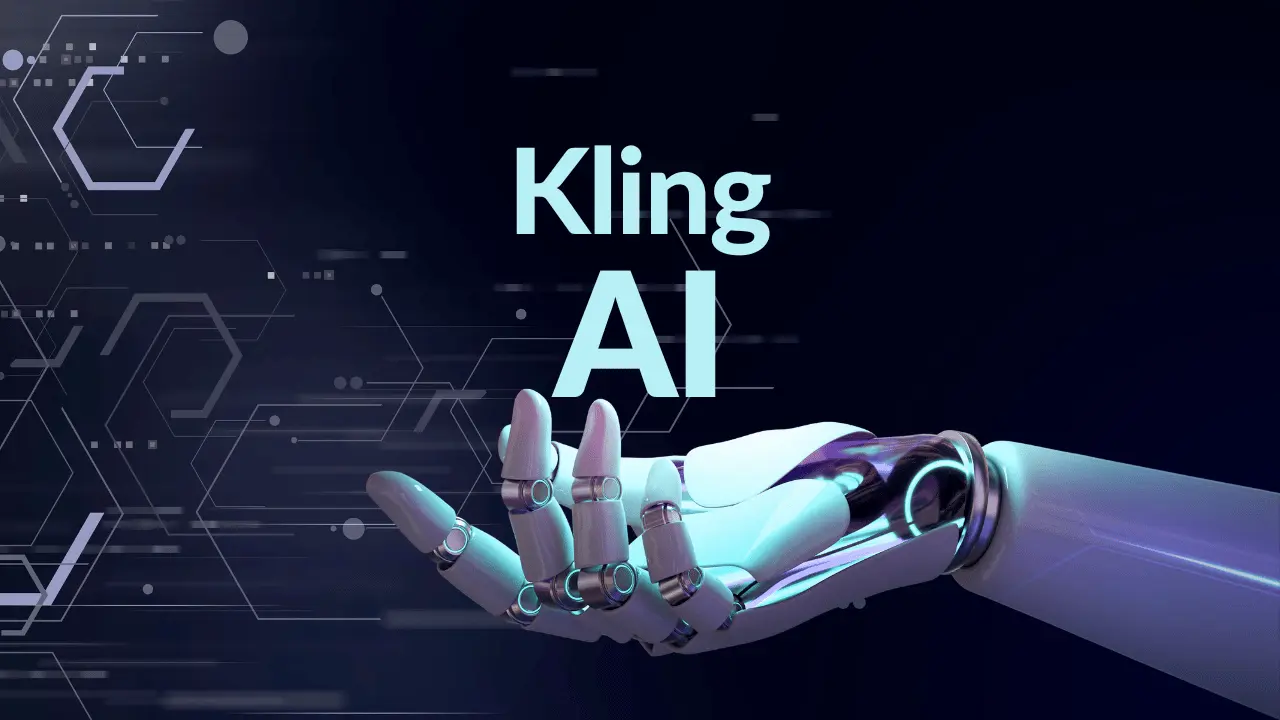Front-end development is the process of creating the visual elements of a website, including the layout, design, and user interface. It involves using technologies like HTML, CSS, and JavaScript to bring websites to life.
Key Technologies and Tools
- HTML (Hypertext Markup Language): The foundation of web pages, defining the structure and content.
- CSS (Cascading Style Sheets): Styling the appearance of web pages, controlling layout, colors, fonts, and more.
- JavaScript: A programming language that adds interactivity and dynamic features to websites.
- Frameworks and Libraries: Popular frameworks like React, Angular, and Vue.js, and libraries like jQuery, can streamline development and provide reusable components.
- Design Tools: Adobe Photoshop, Illustrator, and Figma are commonly used for creating visual designs.
Responsiveness and Mobile-First Design
- Responsive Design: Websites that adapt to different screen sizes and devices, ensuring a good user experience on desktops, tablets, and smartphones.
- Mobile-First Design: Designing websites with mobile devices as the primary focus, ensuring a great experience on smaller screens and then adapting for larger ones.
Common Front-End Development Tasks
- Creating User Interfaces: Designing the layout and navigation of a website.
- Integrating with Back-End: Connecting the front-end with the back-end to display data and handle user interactions.
- Optimizing for Performance: Ensuring websites load quickly and efficiently.
- Accessibility: Making websites accessible to users with disabilities.
- Cross-Browser Compatibility: Ensuring websites work consistently across different browsers and devices.
Front-end development is a dynamic and constantly evolving field. As new technologies and trends emerge, front-end developers need to stay updated to create modern and engaging web experiences.














Leave a Reply